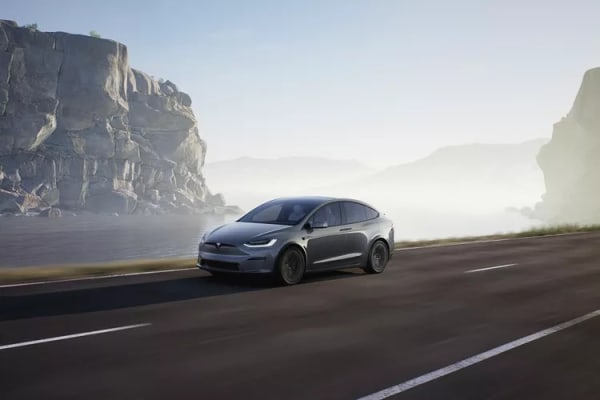U.S. Electric Vehicle Transition Faces Delays Due to Range, Charging, Price Issues
The U.S. transition to electric vehicles (EVs) is facing a number of challenges, including concerns about range, charging infrastructure, and affordability. As a result, automakers are scaling back their EV sales targets and delaying capital investments.

Range Anxiety
One of the biggest concerns for potential EV buyers is range anxiety, the fear of running out of power before reaching their destination. While EV ranges have been improving in recent years, they still typically fall short of gasoline-powered vehicles. This can be a major deterrent for consumers who live in rural areas or who frequently take long road trips.
Charging Infrastructure Shortage
Another major challenge is the lack of charging infrastructure. The U.S. has far fewer public charging stations than other developed countries, such as China and Europe. This makes it difficult for EV owners to find a place to charge their vehicles, especially in rural areas and on long trips.

High Affordability
Electric vehicles are also more expensive than gasoline-powered vehicles. The average selling price of an EV in the U.S. is over $50,000, compared to around $40,000 for a gasoline-powered car. This makes EVs out of reach for many consumers.
Industry Response
Automakers are responding to these challenges by investing in battery technology to improve EV ranges, expanding their charging networks, and developing more affordable EV models. However, these efforts will take time, and it is likely that the U.S. EV transition will continue to face delays in the near term.
Possible Solutions
There are a number of things that can be done to address the challenges facing the U.S. EV transition. The government can provide incentives for EV buyers and businesses that install charging stations. Automakers can continue to invest in battery technology and develop more affordable EV models. And consumers can do their part by choosing to buy or lease an EV when they are ready for a new car.
Despite the challenges, the U.S. is committed to transitioning to electric vehicles in order to reduce greenhouse gas emissions and improve air quality. With continued investment and innovation, the U.S. EV market is expected to grow significantly in the coming years.
